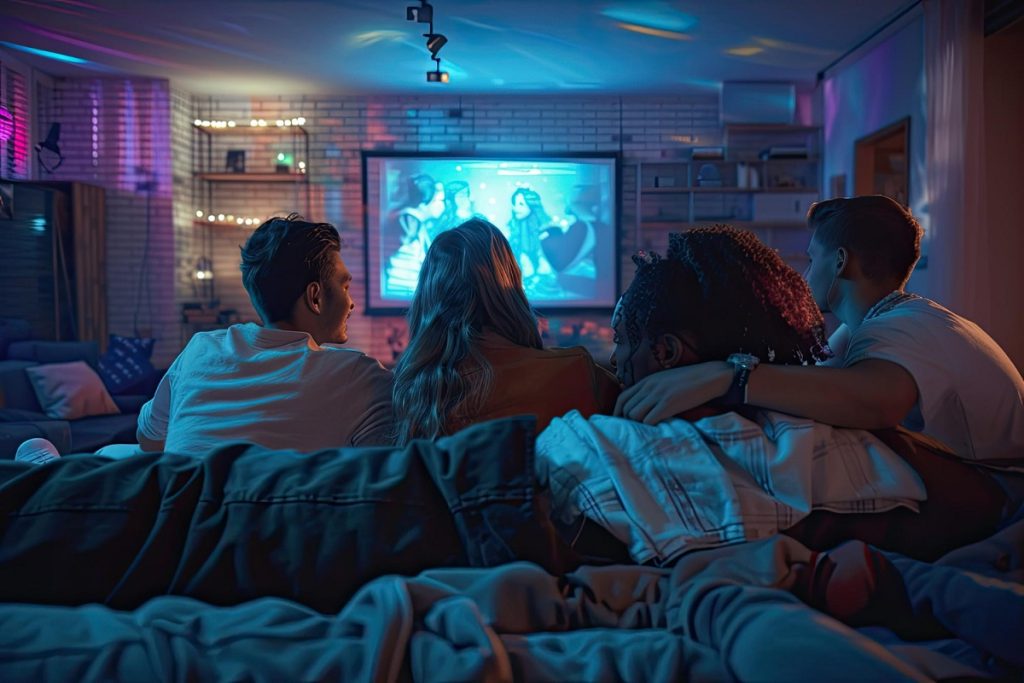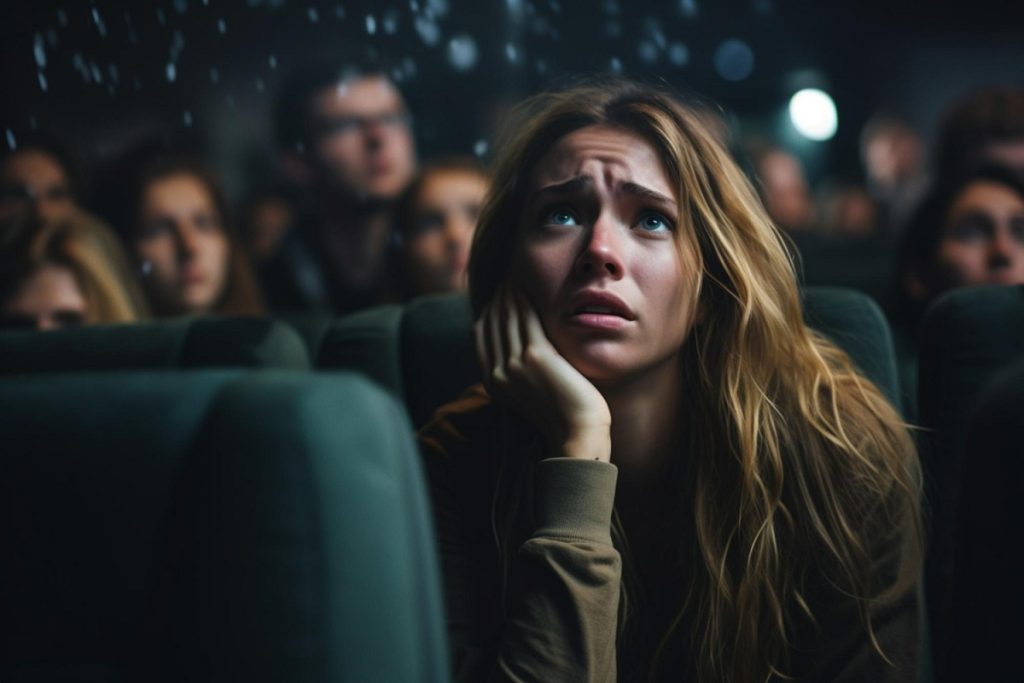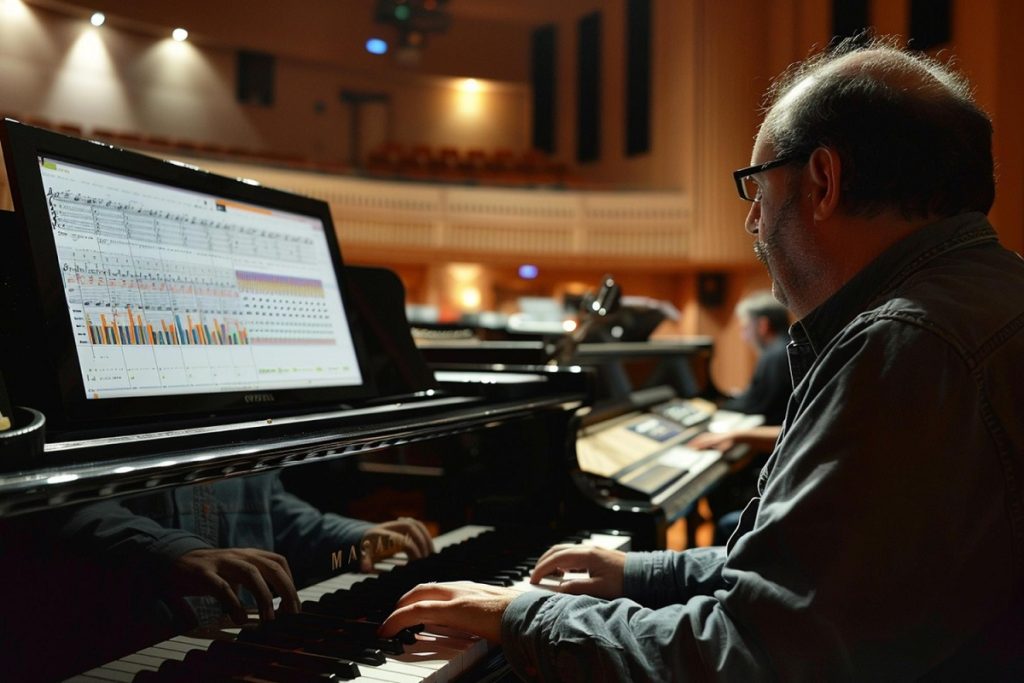Within the realm of cinematic experiences, music excessively amplifies the emotional depth and atmospheric tension, weaving a richer narrative tapestry.
One striking example is the soundtrack of Robert Eggers’ 2015 horror film, The Witch, which is a masterclass in using audio to enhance the film’s unsettling theme. This article explores how the soundtrack contributes significantly to the film’s storytelling, mood, and cultural impact.
The pivotal role of scores in storytelling
Scores and soundtracks are not mere background music; they are integral to the construction of a film’s universe. They evoke emotions and subtly guide the audience’s reactions to the narrative unfolding on the screen.
Mark Korven’s composition for The Witch exemplifies this, as it harnesses dissonance and minimalism to sculpt a haunting atmosphere that is both timeless and foreboding.
Case study: The Witch
The raw, organic sound of The Witch sets it apart from typical horror scores that might rely heavily on shock value. Korven uses period instruments, such as the nyckelharpa and the waterphone, to produce sounds that are both ancient and otherworldly, aligning perfectly with the film’s 17th-century New England setting.
This authenticity does more than set the scene; it envelops the viewer in the film’s world, making the horror personal and palpable.
Emotional resonance through musical themes
The emotional weight of a soundtrack can profoundly influence viewer engagement. In The Witch, the score underpins the film’s exploration of paranoia and isolation, using music to compound the sense of unease that drives the narrative.
The sparse, eerie scoring punctuates each scene’s tension, transforming what might be ordinary moments into scenes brimming with psychological complexity.
Impact on audience perception
By aligning the film’s score with its visual transition, Korven ensures that the audience is not just observers but participants in the unfolding dread. This technique fosters a deeper connection with the characters’ struggles and enhances the immersion into the setting’s stark harshness.
The result is a gripping, emotionally resonant experience that lingers long after the credits roll.
Cultural and historical significance
A soundtrack’s influence extends beyond the confines of its film, contributing to broader cultural dialogues. The Witch‘s soundtrack has sparked discussions on the revival of folk horror, bringing attention to a subgenre that explores rural legends and the dark side of human nature. Korven’s score — eerie, yet deeply rooted in the historical context — complements this revival perfectly, highlighting how music and narrative can intertwine to explore culturally rich themes.
Reviving historical authenticity in film scoring
The choice of instrumentation in The Witch offers a compelling lesson in how scores can be used to reinforce a film’s authenticity and thematic elements. This integration of historical elements through sound not only enriches the storytelling but also places the soundtrack as a focal point in discussions about innovative film score compositions.
In conclusion, the soundtrack of The Witch is a profound testament to the power of music in film. Through its sophisticated use of historical instruments and minimalist compositions, it significantly heightens the emotional and atmospheric stakes of the narrative.
Notably, Mark Korven’s work on the film not only defines the auditory landscape of modern horror but also encourages a renewed appreciation for the role of cultural authenticity in cinematic music.
The eerie beauty of The Witch’s soundtrack remains a benchmark for how scores can transform and transcend traditional film experiences, marking its indelible impact on both the horror genre and film music discourse.






